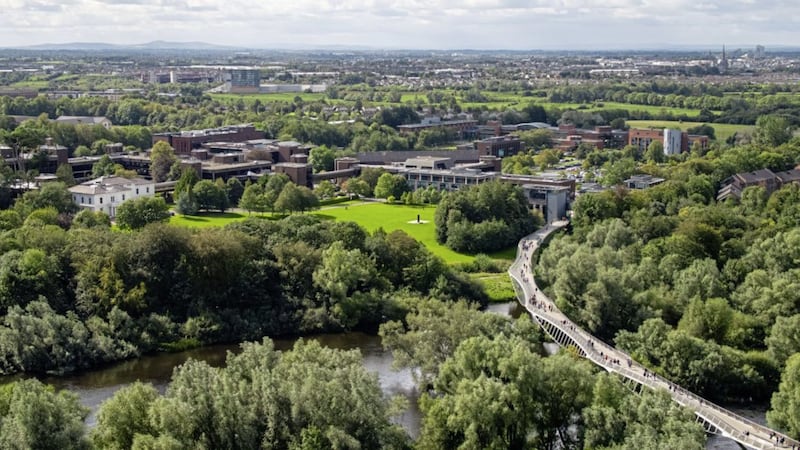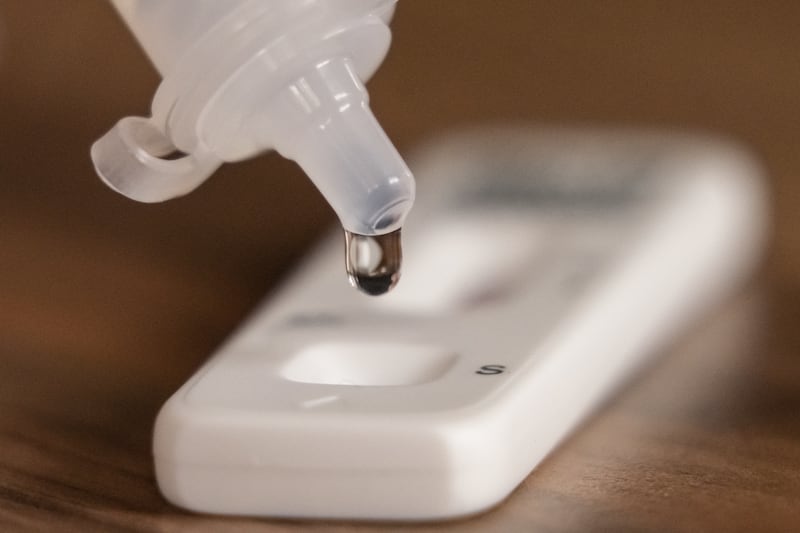YOUNG people took part in less physical activity when schools were shut during lockdown, a study has found.
Researchers at the University of Limerick examined physical activity levels of post-primary students during spring.
The survey of more than 1,200 adolescents across Ireland found that more than half reported they were not as active as usual.
Those who did less were most likely to be overweight or obese.
Pupils were asked to complete a survey about their typical behaviours and how these then changed.
They were also asked to explain the reasons for any change.
Young people reported an array of reasons, including "because there was no school and I usually get my exercise in PE class" or "there were a lack of online resources".
Other responses included "I don't have anyone to tell me what to do, as in a coach" and "coronavirus stops me from accessing the facilities I usually need".
Time use was a frequently mentioned barrier, suggesting that there were competing priorities.
One in three reported no change and one in five did more than usual, despite restrictions.
Students who engaged in habits such as taking part in activities outside school or travelling by bike or foot were more likely to report doing more.
"The spring lockdown as a result of the Covid-19 pandemic resulted in school, sport facilities and fitness centres being closed," said researcher Dr Kwok Ng.
"Moreover, in a strict lockdown, people were not allowed to travel outside of a few kilometres from their homes. This meant that students were being taught at home and were not given the opportunities they were used to for remaining physically active."
Professor Catherine Woods, Chair of Physical Activity and Health at UL and principal investigator, said the results suggested that teachers, national and community sport clubs, decision makers and industries that access students needed to organise and create opportunities for physical activity during crises.








